Sep
What to do if your gutters or downpipes are blocked
 With the recent deluge of rain we've been experiencing throughout different areas of Brisbane, it's possible that some gutters and/or downpipes have been overflowing.
With the recent deluge of rain we've been experiencing throughout different areas of Brisbane, it's possible that some gutters and/or downpipes have been overflowing.
While an overflowing gutter or downpipe during extremely heavy rain doesn't necessarily mean there's a problem with either, overflowing during more modest bouts of rain could be a sign of a blockage. Luckily most blockages are easy to resolve and prevent in the future, but they may require a little bit of your time.
In today's blog, we're providing a brief guide on what you should do if you suspect there is a blockage in your gutters, downpipes or both.
Gutters
The most common form of blockage in your gutters is going to be the day-to-day leaves, twigs and other debris that can find their way in there. The best way to stop such debris from getting is by installing gutter guards, which are a simple plastic mesh that can be attached to your gutters so that only the water comes through - but none of the debris. Whether you invest in gutter guards or not is entirely up to you, but they will almost entirely remove the necessity of you having to periodically check and clean out your gutters.
Regardless of which way you decide to go, you will either clear out your gutters before purchasing them or continue clearing out your gutters from time to time. A blockage caused by all sorts of debris can be cause for concern as backed up water has the potential of seeping into the roof and/or even the walls of your home. You should check your gutters at least once every three or six months. If you live in an area packed with vegetation, deciduous trees, or where strong winds and and storms occur, then your regular checks should be more frequent - once every two months, at least.
Don't forget to also search for any leaks and corrosion. If you only have pinhole leaks, these can usually be fixed with some roof sealant. However, if your leaks are major it’s best to hire a professional. Gutter corrosion isn’t as big of an issue as it used to be due to most gutters now being made of hard plastic, however if you still have a metallic gutter, corrosion is a potential issue. Pooling water or excessive moisture can lead to corrosion. If you spot any, call a professional to repair/replace those parts.
Last but not least, check your gutter straps. If any have come loose, you can usually re-nail them yourself. However, if they're damaged or completely broken, they'll need to be replaced ASAP.
Downpipes
When it comes to your downpipes, the chief problem most of them will face also relates to a blockage. A downpipe, as the name suggests, runs straight down - except for two key areas: the shoe and the swan neck.
The shoe sits at the bottom of the downpipe and is usually slightly angled. The swan neck refers to the segment towards the top of a downpipe where it bends to run under the overhang of the roof, and then bends again to run vertically down the exterior wall. Similar to your gutters, there are meshing options that will help stop debris getting caught in the downpipe.
If any debris has been caught, the best way of getting rid of it is by detaching the section you believe the blockage is, which will usually be the shoe or swan neck, and clean it out. Once you've done this, reattach the section and then run some water down to see if it flows through the downpipe with ease.
If your gutters or downpipes have sustained any severe damage, be sure to give Roo Roofing a call on 1300 734 148.



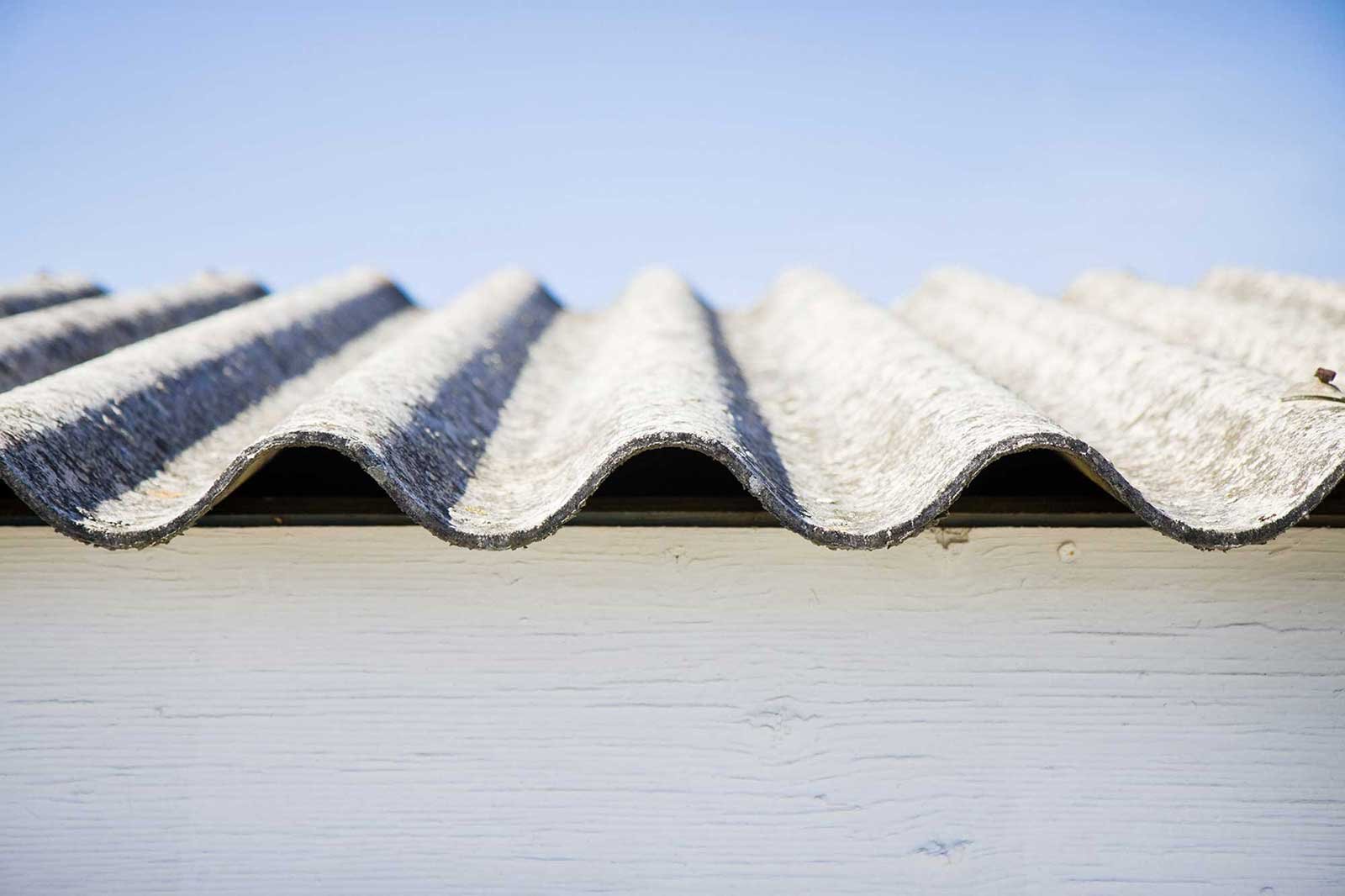





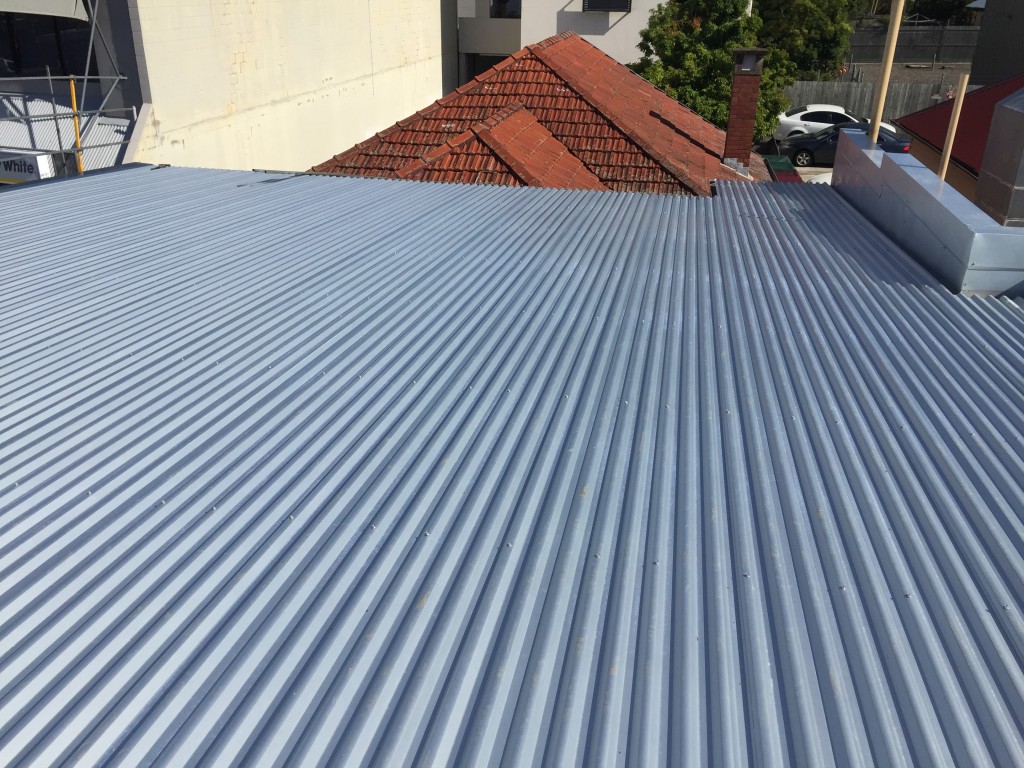
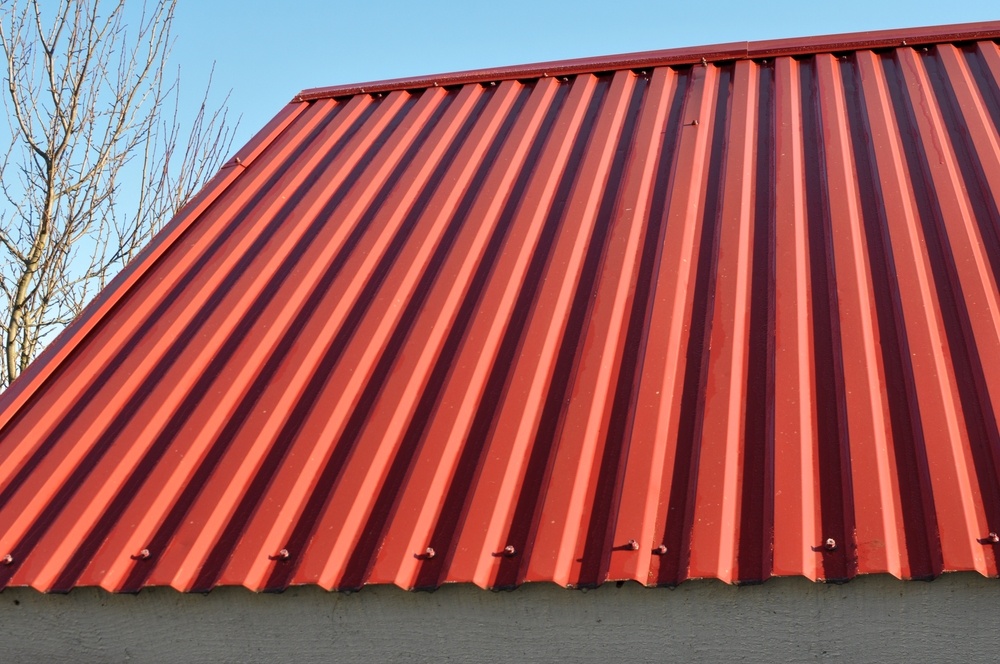


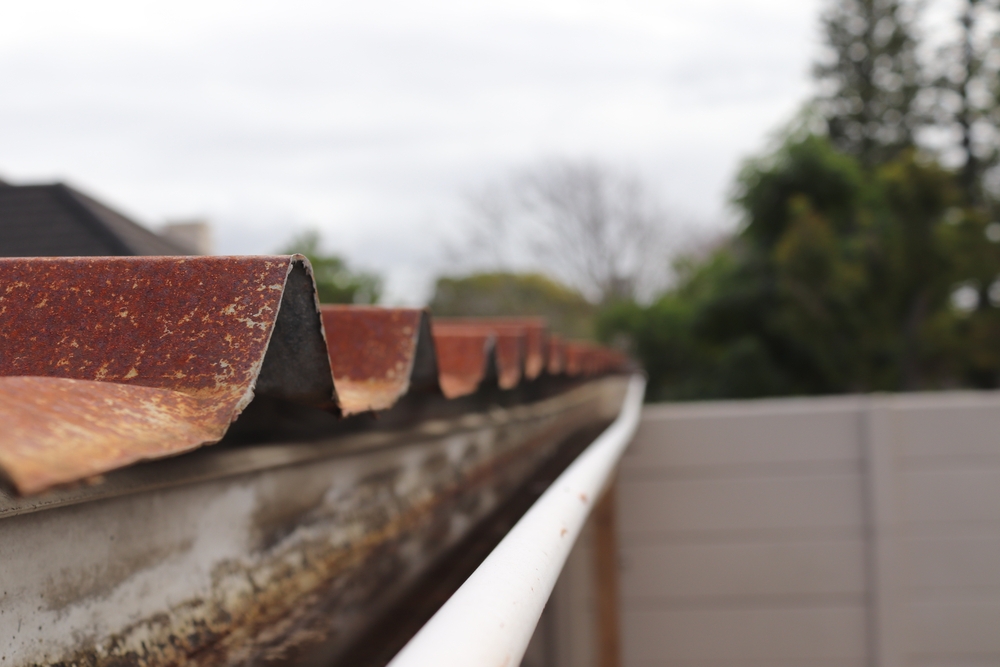



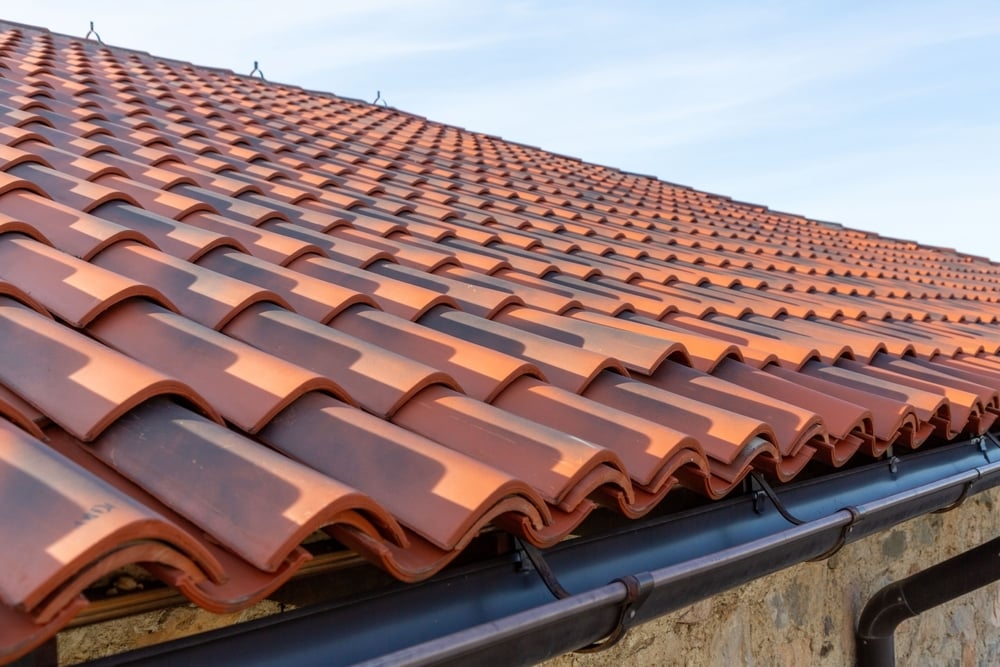
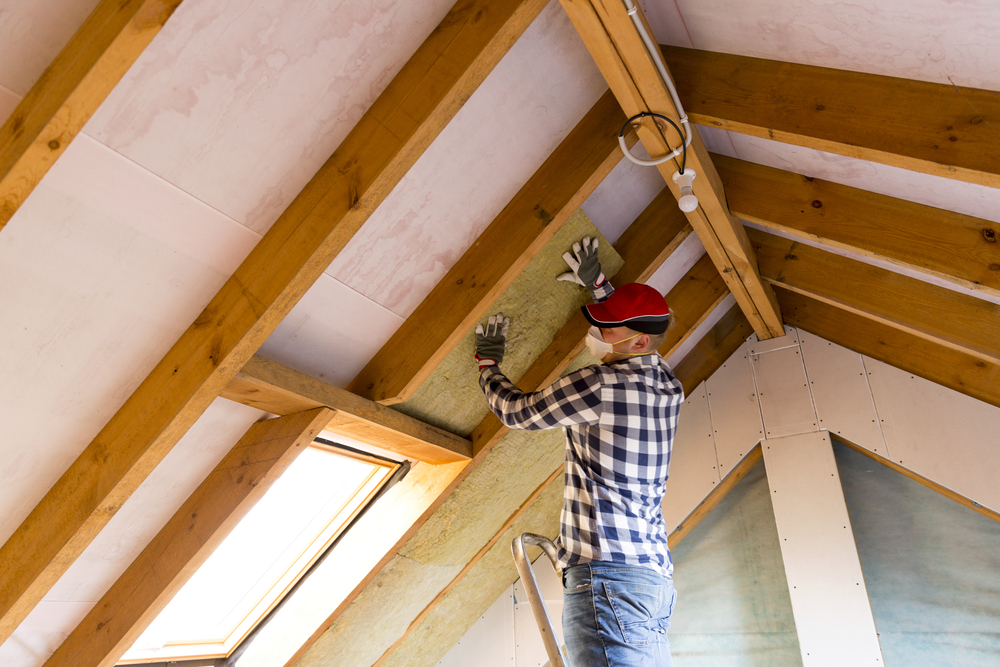
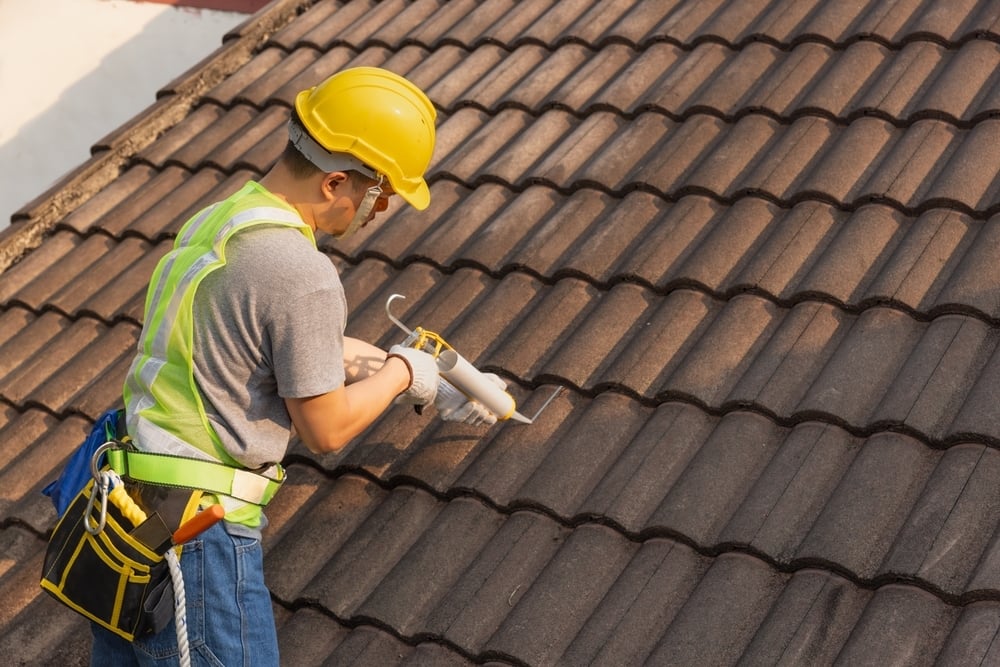
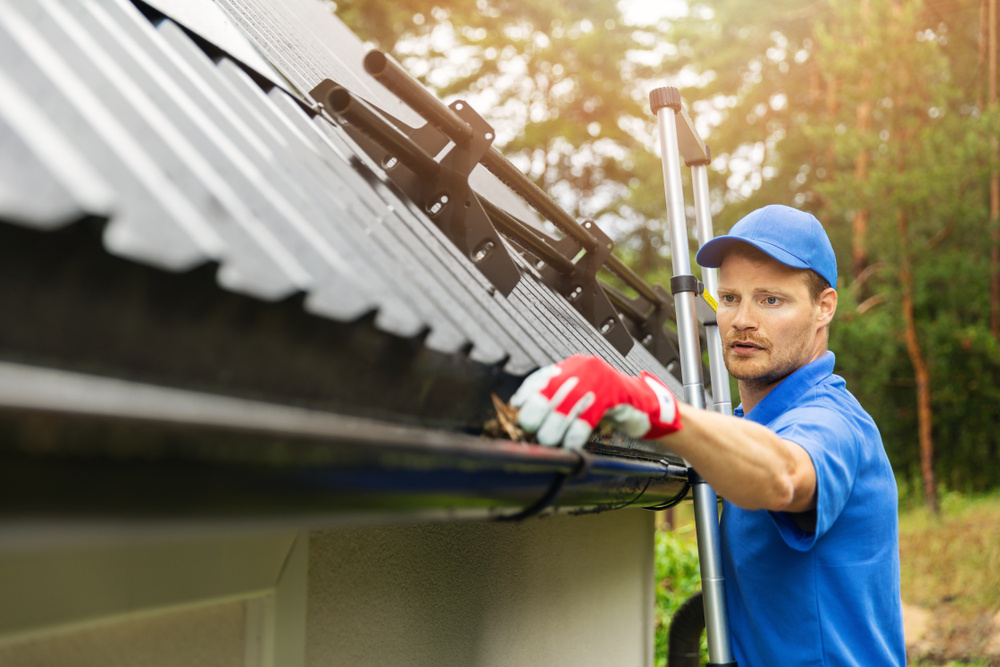

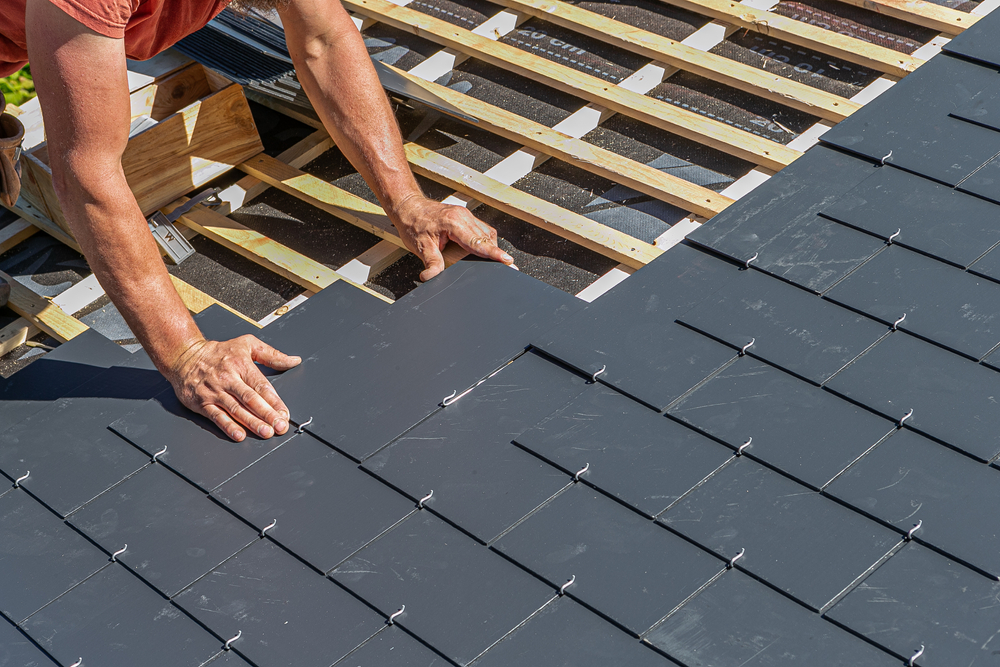
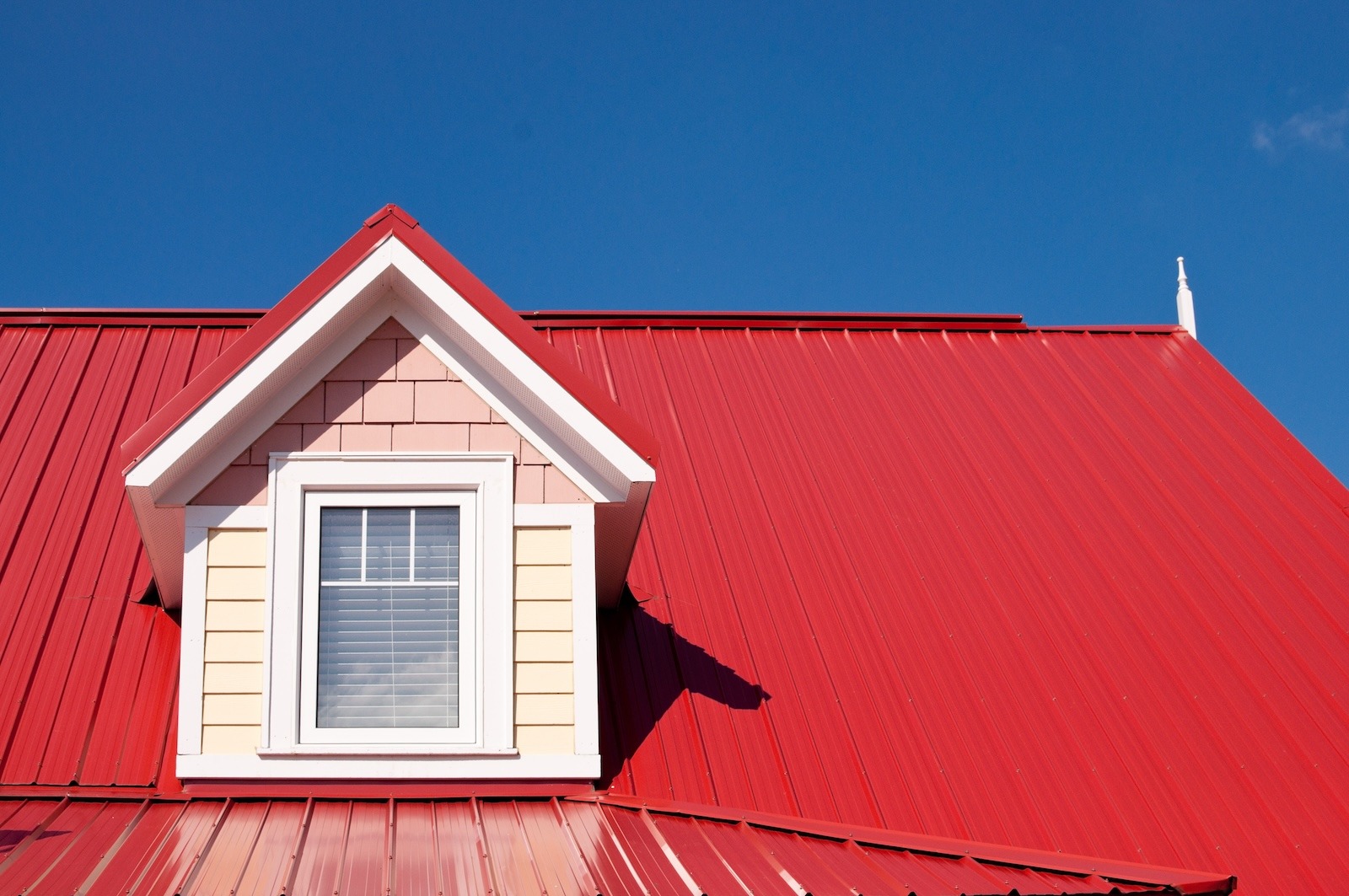
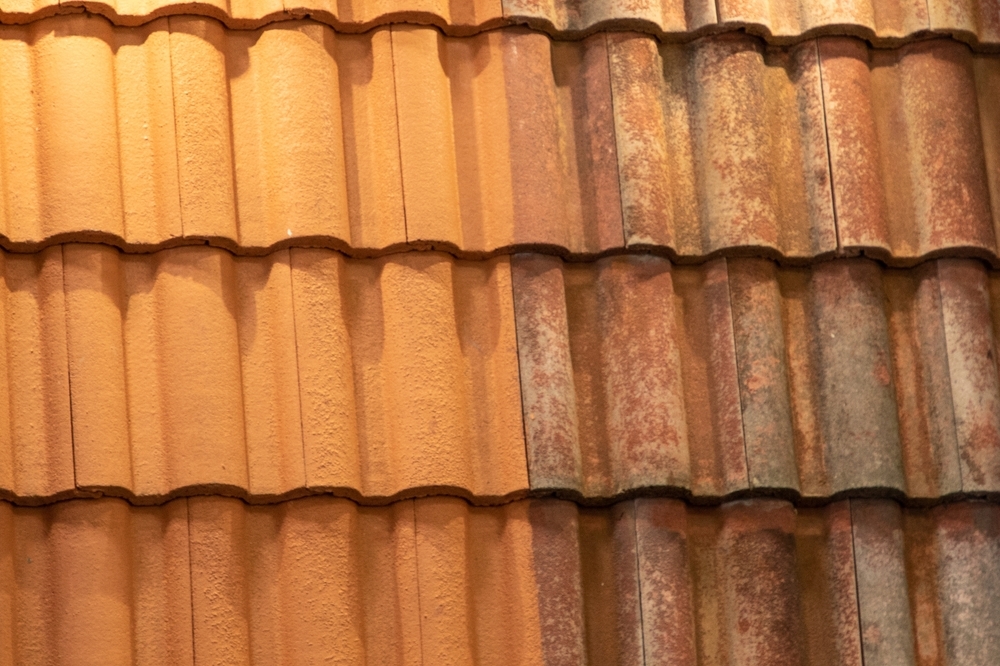
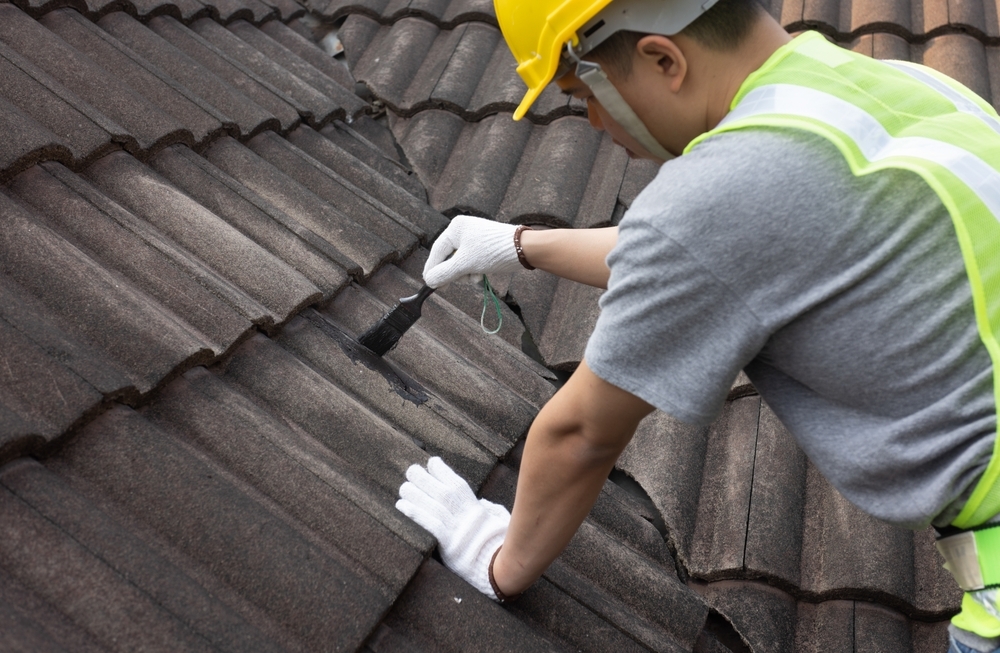
.jpg)
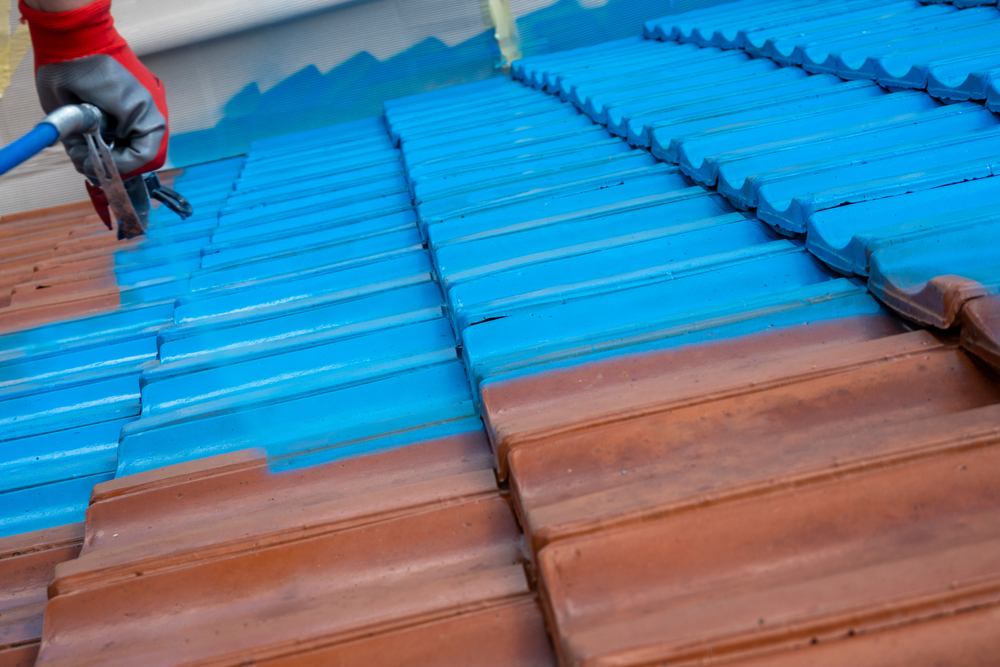
.jpg)












